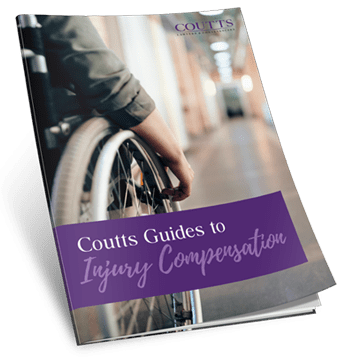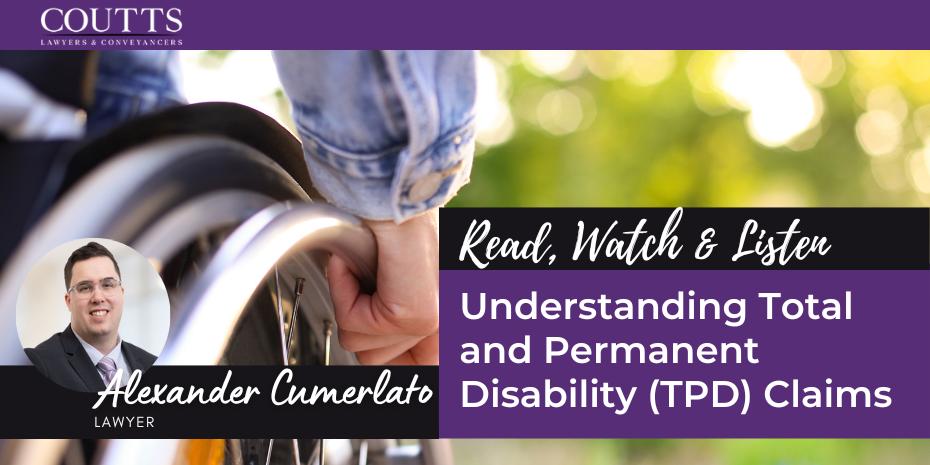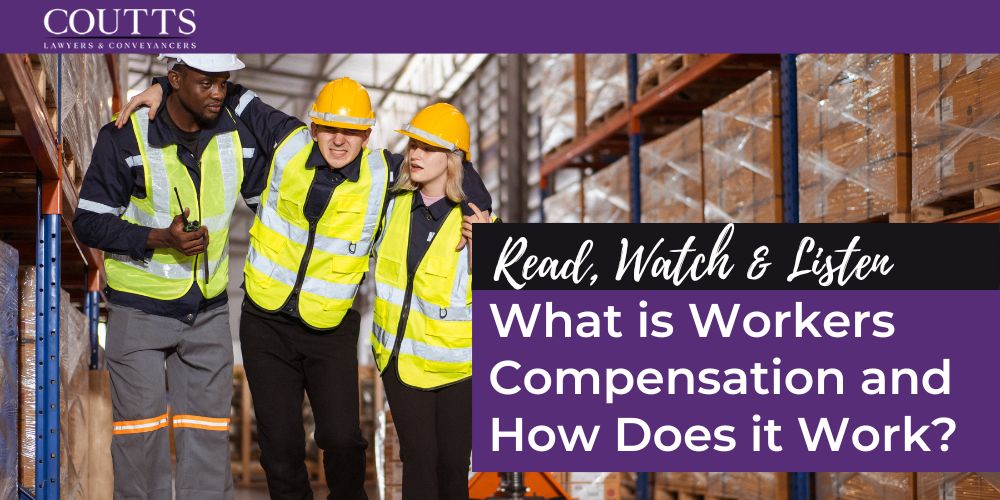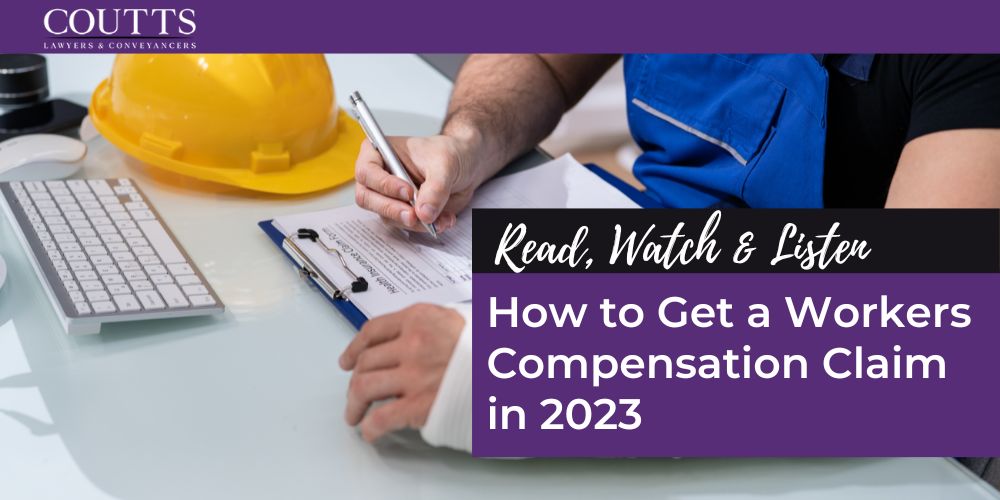We’ve Got You Covered
Our team is experienced in advocating for those affected by industrial deafness, ensuring they receive the compensation and support they are entitled to. We understand the complexities of such cases and work diligently to provide comprehensive legal representation, from gathering medical evidence to negotiating with employers or insurance companies. Trust us to handle your industrial deafness claim with the utmost care and professionalism.
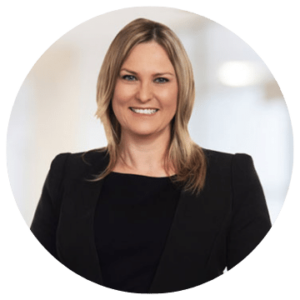
Karena Nicholls
Partner
Book Your Industrial Deafness Consultation Now
What is industrial deafness?
Industrial deafness is a type of hearing loss that develops due to constant or long-term exposure to loud noise in the workplace. It is caused by damage to the tiny hair cells in the inner ear that help detect sound waves. The most common symptoms are difficulty hearing conversations in noisy places, such as a crowded restaurant, or difficulty understanding speech even when it is loud enough to hear.
How do you know if you have industrial deafness?
If you have been exposed to loud noise at work, such as loud machinery or loud music, you may have experienced symptoms such as ringing in the ears, muffled hearing, or difficulty understanding speech. If you experience any of these symptoms, it is important to consult a medical professional for diagnosis and treatment. Industrial deafness, also known as noise-induced hearing loss, is a permanent condition and can only be diagnosed by a clinician.
Can I seek compensation for industrial deafness?
Yes, you can seek compensation for industrial deafness. Depending on your specific situation, you may be eligible to receive compensation through the Workers’ Compensation program in your state, or you may be able to file a personal injury lawsuit against a negligent employer or manufacturer. You should consult a personal injury lawyer to determine the best course of action.
How can I prove industrial deafness?
In order to prove industrial deafness, you will need to provide evidence that your hearing loss is a result of your job or workplace. This will include a medical assessment from an audiologist outlining the extent of the hearing loss. You will also need to provide evidence of your employment history and any information on the type of noise exposure you experienced in the workplace. This can include records from your former employers, or from any safety or noise monitoring that may have taken place at the time.
When should I seek legal representation for industrial deafness?
You should seek legal representation as soon as you become aware of your industrial deafness. A lawyer can help you understand your legal rights and advise you on the best course of action to take. An experienced lawyer will be able to explain the process of filing a claim and help you navigate the legal system.
Is there a time limit to make an industrial deafness claim??
In most cases, you have up to three years from the date of your diagnosis to make a claim for industrial deafness. However, it is important to note that this time limit can vary depending on the circumstances of your case. For example, if you have been working in a noisy environment for many years, the deadline may be longer than three years. It is best to speak to a specialist lawyer to find out the time limit applicable to your case.
What to Expect with Coutts Lawyers
Step 1: Initial Contact
Reach out to Coutts Lawyers via our website, phone, or in person. Briefly describe your matter.
Step 2: Consultation Appointment
Schedule and attend a meeting with a Coutts lawyer to discuss the specifics of your matter and desired outcomes.
Step 3: Information & Legal Advice
Share all related documents and information. Your lawyer will review everything, clarify aspects as needed, and then advise on the best action course.
Step 4: Action Plan Development
Based on the advice, an appropriate action plan will be formulated. This may involve communication, documentation processes, or further legal steps.
Step 5: Implementation
Execute the action plan, addressing a range of legal scenarios as necessary.
Step 6: Resolution & Closure
Navigate towards a resolution, with the path determined by the nature of the matter. Your Lawyer will outline any final actions or considerations.
Book Your Industrial Deafness Consultation Now
Introducing Karena
Your Compassionate Lawyer
Meet Karena, a Partner at Coutts Lawyers & Conveyancers, and the head of our esteemed Injury Compensation and Employment Law teams. With over two decades of experience in the field of Insurance Law, Karena’s passion, dedication, and client-focused approach have established her as a leading authority in compensation and employment law.
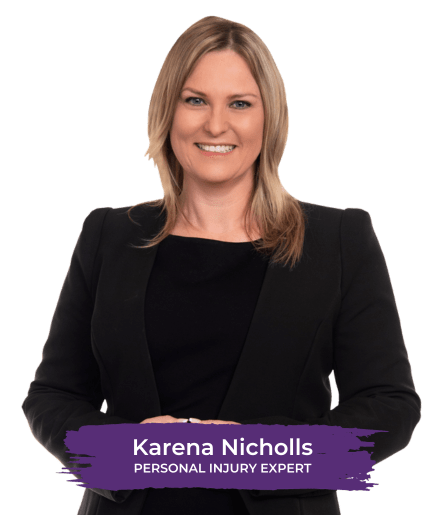
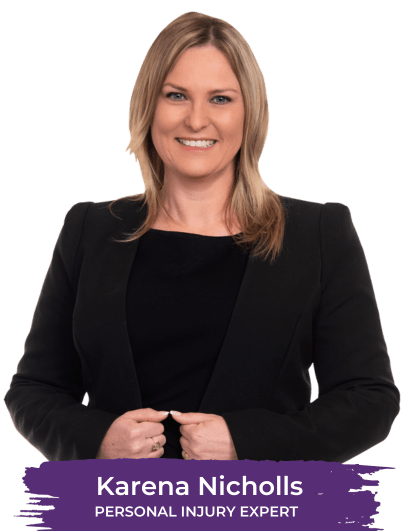
Connect with Karena Today
Multi Award-Winning
Law Firm

Industrial Deafness FAQ’s
Employers can implement measures such as conducting regular noise assessments, providing protective hearing equipment like earmuffs and earplugs, maintaining machinery to ensure it operates as quietly as possible, and rotating workers’ shifts to limit prolonged exposure to loud noise. Training and educating employees about the risks and preventive measures is also crucial.
Yes, if you worked in various noisy environments and believe this cumulative exposure led to your industrial deafness, you can still pursue a claim. It might be more complex, as it involves multiple employers or sites, but an experienced lawyer can guide you through the process.
If you work in a noisy environment, you should always wear appropriate protective equipment like earplugs or earmuffs. It’s essential to ensure they fit well and are in good condition. Also, take regular breaks away from the noise source, and if possible, maintain a safe distance from loud equipment or machinery.
Once the damage to the inner ear has occurred, the hearing loss is permanent. If exposure to the loud noise stops, the progression of the deafness typically halts. However, natural hearing decline due to age or other factors might still occur.
Compensation is calculated based on several factors, including the extent and severity of the hearing loss, medical expenses, lost earnings (both past and future), and the impact of the hearing loss on the quality of life. Other factors, such as age and previous hearing health, can also influence the compensation amount.
Download your FREE Injury Compensation Guide!
